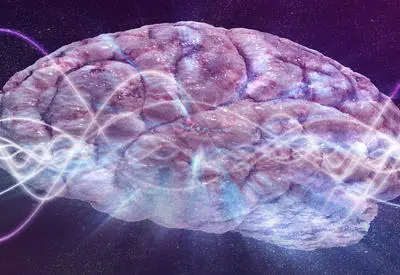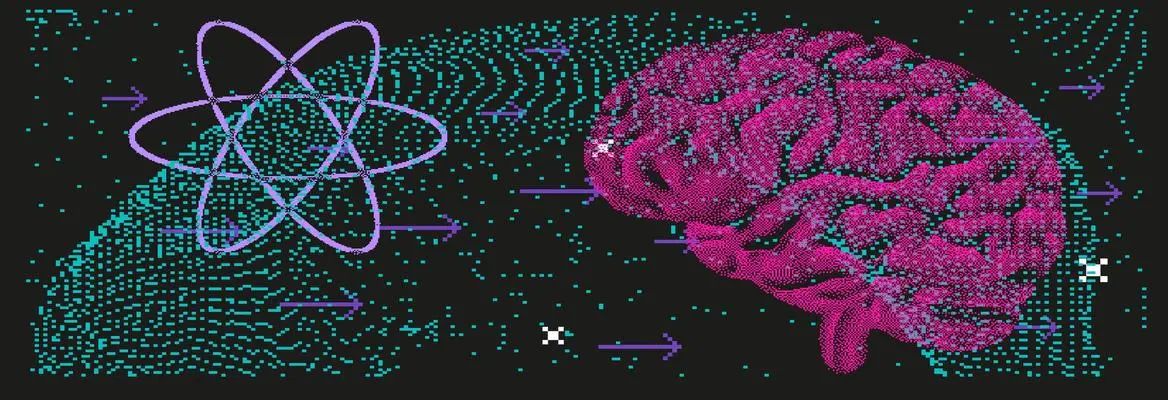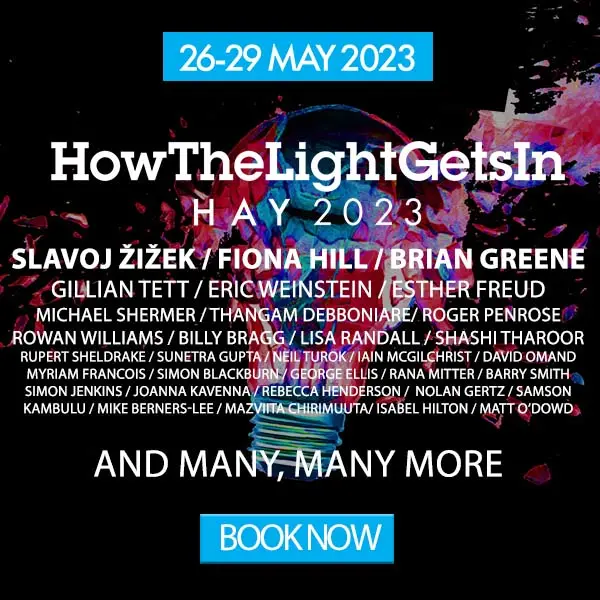From its very inception quantum mechanics troubled physicists. It seemed to challenge our conception of reality and lead to apparent contradictions. One of the founders of quantum mechanics, Werner Heisenberg, questioned whether the theory offered a description of reality at all. Others, like Niels Bohr, claimed that somehow human consciousness played a role in the theory. In this interview, Carlo Rovelli explains Heisenberg’s anti-realist motivations, clarifies the role of the “observer” in quantum mechanics, and articulates his relational interpretation of the theory, according to which reality is a network of interactions.
The founders of quantum mechanics were very uncomfortable with its results – famously Einstein thought it an incomplete theory and quipped “God doesn’t play dice”, and Schrödinger abandoned physics altogether for biology. What was so radically different about quantum mechanics than classical physics that caused such discomfort to its own creators?
Physics used to describe what happens in a physical process. If you kick a ball and break a window, physics describes the full path of the ball from your feet to the window. Quantum theory doesn’t do so. It only describes how your kicking the ball gives rise to the breaking of the window, without telling what happens in between, how the ball has been flying. When you try to fill-in a story of what happens in between, you get nonsense: like the ball being in two places at the same time.
Are physicists today still conscious of how radical the theory is and its wider implications for our picture of reality? Or have we become so familiar with quantum mechanics, because of its technological applications and because it’s been around for a while now, that we don’t appreciate its radical nature?
Yes, I think that the majority of physicists are very conscious of how radical the theory is. Some think about it, some just accept it, and use it to predict the outcome of processes, without bothering asking what the hell is really going on. But most realise that this is definitely strange.
___
Consciousness never played a role in quantum mechanics, except for some fringe speculations that I do not believe have any solid ground.
___
Do you think there will ever come a time when quantum mechanics no longer puzzles us? Or will it always challenge our received picture of reality?
I think that a time will come when we have clearly understood the radical novelty of quantum theory and what it says about the world. I am optimistic that this time will be soon. But the everyday picture of reality will be challenged. This is what science has always done, like when we discovered that the Earth is round, that it spins fast, or that the chimpanzees are cousins, or that solid matter is made of atoms. It is just a process of continuously readjusting our understanding of the world. It’s not different from what happens when we see a distant forest as a uniform green and then get closer and start seeing the trees, the branches, the insects.... we learn more about the world, and in this process our previous pictures are challenged.
 SUGGESTED READING
Consciousness is the collapse of the wave function
By Stuart Hameroff
The observer and consciousness seemed to play quite a central role in the early interpretations of quantum mechanics, but no longer. Why is that?
SUGGESTED READING
Consciousness is the collapse of the wave function
By Stuart Hameroff
The observer and consciousness seemed to play quite a central role in the early interpretations of quantum mechanics, but no longer. Why is that?






















Join the conversation